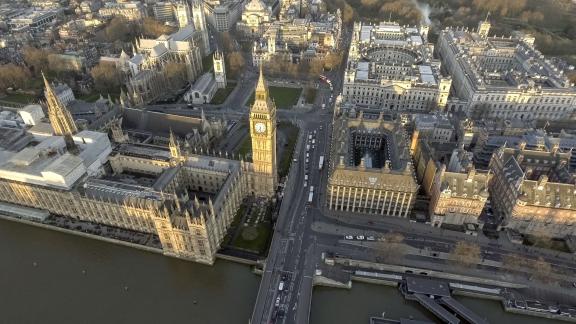New figures show the NHS is running hot into a difficult winter

- The total waiting list for procedures and appointments has fallen to 7.57 million in September, down from 7.64 million in August;
- Some 73.0% of patients were admitted, transferred or discharged from A&E departments within four hours in October, down on the 74.2% in September;
- There were 2.36 million attendances at A&Es across England in October, making it the busiest October on record;
- There were also 567,446 emergency admissions that month, the highest number for any October;
- 162,931 patients who attended A&E were there for more than 12 hours, 11.1% of all attendances;
- Category 2 ambulance average response time for October was 42 minutes and 15 seconds against the thirty-minute target for 2023/24.
- Ambulances responded 759,019 incidents in October – making it the busiest October on record;
- This included a record 84,108 Category 1 incidents.
Responding to the latest NHS performance figures published by NHS England Rory Deighton, acute director at the NHS Confederation, said:
“These figures show that the NHS continues to be facing record demand, with A&Es and ambulances having their busiest October ever. This comes after the busiest summer and September on record, so it is very concerning that the health service is running so hot ahead of what is expected to be another very difficult winter.
“NHS leaders and their teams are working incredibly hard and will continue to do so over the next few months. But with record numbers of patients who often have multiple or more complex conditions there is a real risk services could become overwhelmed and fall into crisis.
“There continue to be too many patients stuck in hospital beds despite being medically fit enough to go home due to a lack of social and community care provision. When patients can be discharged this creates bottlenecks in the system as pressure builds at the front and back doors of hospitals. This can lead to ambulance handover delays, long waits in A&E for care or to be admitted to hospital and risks staff having to resort to corridor care or overflow wards to keep patients safe.
“For the NHS to tackle some of these problems we need a functioning well-supported social care sector. We are very worried about the impact of the employer National Insurance contribution hike on primary and social care. With funding already strained it is essential that these vital services are not pushed into crisis or forced to close.
“The fall in waiting lists for elective care is very welcome and testament to the hard work of staff and government should take credit for taking swift steps on industrial action.
“While the government used the Budget to pledge some vital funding for the health service if the NHS is going to meet the government’s ambitions and sustainably improve performance then the centre will need to invest in the right capacity and capability to support leaders and their teams to improve.”



